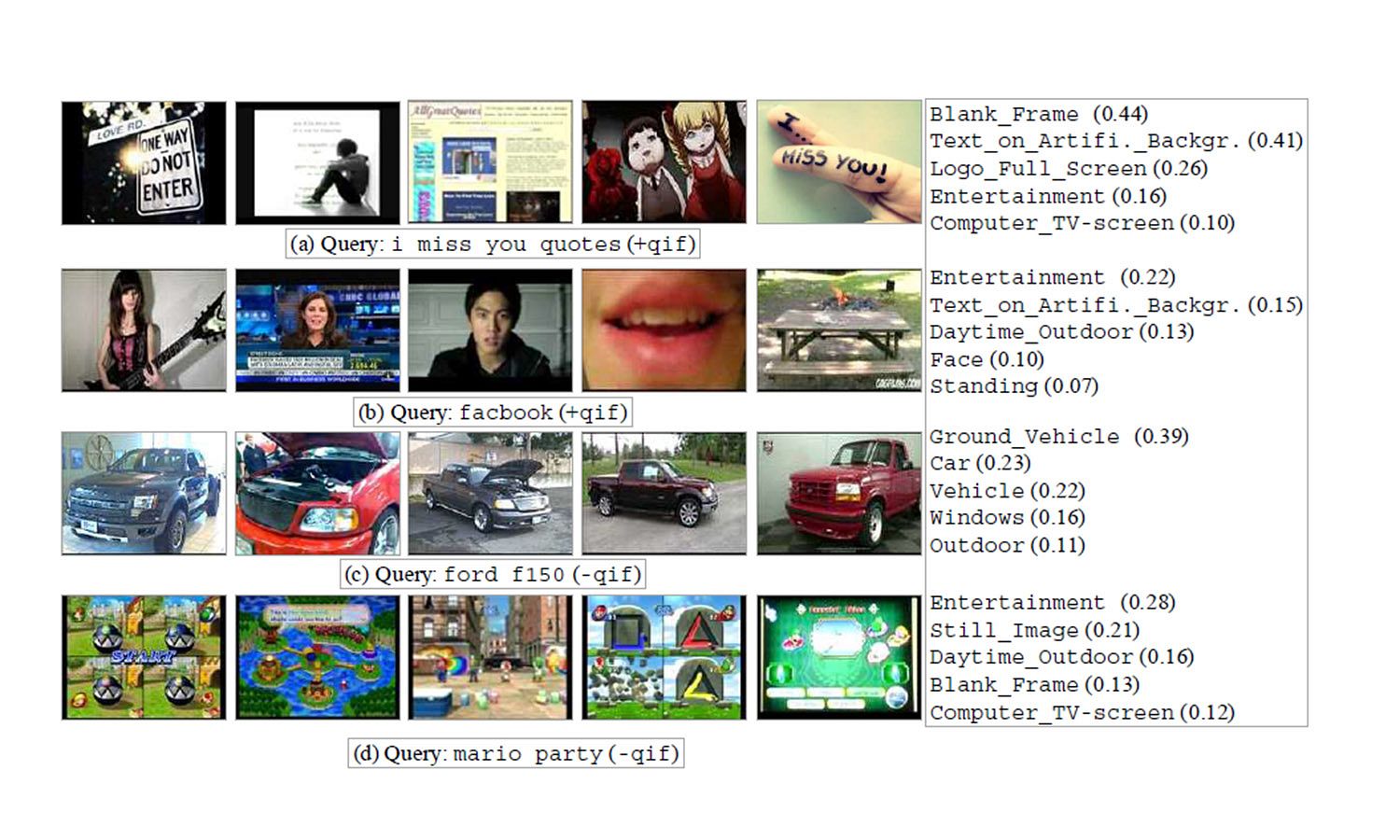Earlier this month, TU Delft doctoral graduate Dr. Christoph Kofler was awarded the Best Thesis Award 2016 by the Association for Computing Machinery’s Special Interest Group on Multimedia.
His thesis is titled User intent in online video search and his research is aimed at making the results of video searches online more relevant to a user.
He worked with the premise that a person looking for something online has a need that the information is expected to fulfil. This information has two dimensions – first is the ‘what’, which is the topic of the search itself and second is the ‘why’, which encapsulates the broader intention of the user. Kofler’s algorithms aim to address that second dimension.
However, understanding human intent is never easy, breaking it down into algorithms even less so. “The notion of user intent itself is quite complicated. The notion of user intent and what it means and does not mean is very fuzzy. “My thesis contributed a lot towards making it less fuzzy, introducing many algorithms to multimedia search engines, and making these engines more useful,” said Kofler.
One of the biggest challenges of user intent is that it is hard to understand and extract user intent from multimedia data and queries submitted by users to multimedia search engines.
His work on this subject actually began during his MSc at Klagenfurt University in Austria. He was interested in making multimedia search engines more useful to others and understanding why users consult a video search engine was a big part of that. In 2013, Kofler was awarded the Google European Doctoral Fellowship for research on this topic, and he believes that the success of the idea shows how relevant it is to the development of multimedia search engines.
He is currently working as a software engineer and data scientist in the U.S. and developing algorithms that give users of the company’s products intelligent access to all types of information. “We are adding user intent as one of many components in our products. In general, there is a lot of applicability of user intent. Most importantly, it can be used as one important feature or signal by a multimedia search engine such that its usefulness is maximised through optimal ranking and recommendation of information.”



Comments are closed.